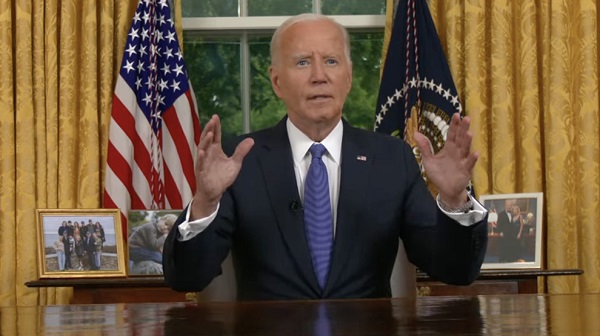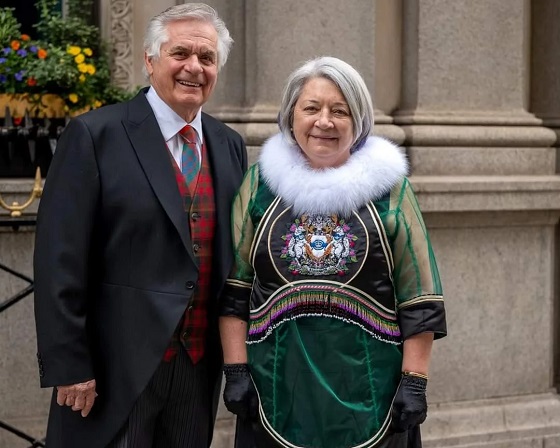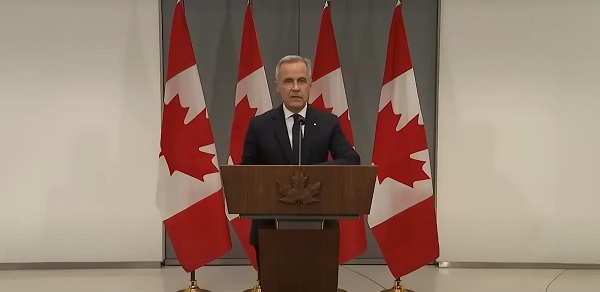From The Center Square
As proof that Youtube “takes seriously the importance of protecting free expression,” Alphabet promised to allow any creators that it permanently deplatformed due to content about election integrity or COVID-19 to rejoin.
Senior Biden administration officials pressured Google to remove COVID-19-related content that did not violate YouTube’s policies but the administration considered alarming, new information reveals.
Following a subpoena issued by the House Judiciary Committee’s, Alphabet Inc. – the company which owns Google, Youtube, and other platforms – said that former President Joe Biden and his officials “created a political atmosphere that sought to influence the actions of platforms based on their concerns regarding misinformation.”
The administration, according to Alphabet, conducted “repeated and sustained outreach” and “pressed” the company to remove “user-generated content related to the COVID-19 pandemic that did not violate its policies.”
“While the reliance on health authorities in this context was well-intentioned, [Alphabet] recognizes it should never come at the expense of public debate on these important issues,” Alphabet’s Tuesday letter said.
As proof that Youtube “takes seriously the importance of protecting free expression,” Alphabet promised to allow any creators that it permanently deplatformed due to content about election integrity or COVID-19 to rejoin.
The company also reaffirmed that Youtube will not use third-party fact checkers, unlike other companies operating social media platforms like Meta which have done so in the past.
Meta announced in January that it would end its fact-checking program and censorship policies after investigations revealed the company had acquiesced to pressure from the Biden administration to adopt those measures.
Rep. Jim Jordan, R-Ohio, chairman of the House Judiciary Committee, called Alphabet’s response “another victory in the fight against censorship.”
“We will continue to hold Big Tech accountable,” Jordan added in social media posts Tuesday. “All the above are MASSIVE wins for the American people, the First Amendment, and freedom. We won’t stop fighting to protect free speech.”

















